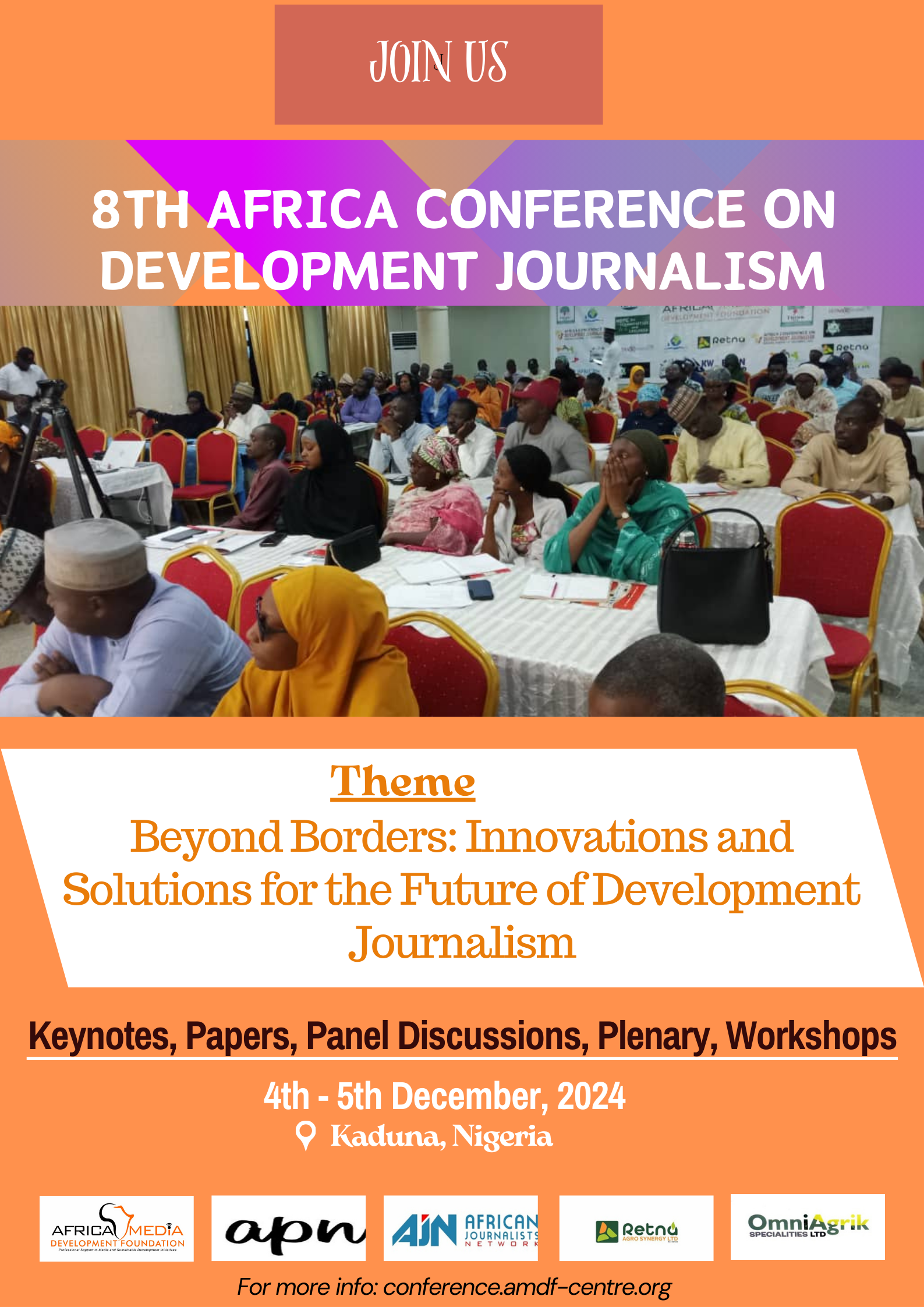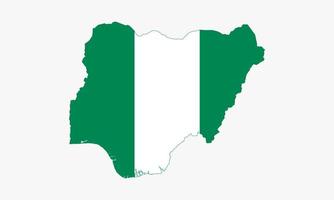17 years ago, the Obasanjo administration reached an agreement with the Paris Club on a comprehensive treatment of Nigeria’s debt. Although it was a multi-stage, multi-covenant agreement, local newspaper headlines focused on the bit where, in order to “obtain a debt cancellation estimated at US$18 billion (including moratorium interest) representing an overall cancellation of about 60% of its debt to the Paris Club of around US$30 billion”, the Obasanjo government agreed to pay its Paris Club creditors “US$12.4 billion, representing regularisation of arrears of US$6.3 billion, plus a balance of US$6.1 billion to complete the exit strategy”.
Much was made then of the possibility that the Obasanjo government could have deployed the US$12.4 billion paid to the Paris Club more usefully: Building more and better schools, hospitals, bridges, new roads, etc. Today, this argument undergirds much of the justification by the Buhari government of its extensive borrowing. Given how serious the nation’s infrastructure deficit is, isn’t there a trade-off to be had between more debt and investment in trains, bridges, and roads? Without doubt, yes. Especially if such investments boost domestic productivity, and by extension the country’s ability to meet its diverse obligations on an ongoing basis.
But there were far more serious other considerations in 2005. Not many Nigerians commentating on the decision by the Obasanjo government to reach that agreement with the Paris Club so many years back remember that it was only in 2006 that the country received its first sovereign credit rating. According to Fitch Ratings, its decision (published on Monday, January 30, 2006) to assign “the Federal Republic of Nigeria Long-term foreign and local currency Issuer Default Ratings of ‘BB-‘ (BB minus), both with Stable outlook” was underpinned by a clutch of reforms undertaken by the government, all of which “enabled the Nigerian government to reach agreement on resolution of outstanding debt obligations with the Paris Club (‘PC’) of official creditors on 20 October 2005”.
… it is easy to presume that the burden the economy faced in the first few years of this century was a sovereign one. Nothing could be further from the truth, though. Big corporate organisations found access to credit lines bunged up because of the country’s poor debt position. Banks had problems setting up credit lines with correspondent banks for the same reason.
In other words, before the agreement reached by the Obasanjo administration with its official creditors, Nigeria was in a bad fiscal place. Fitch estimated, then, that because of the debt agreement, “the government’s public debt burden will be equivalent to just 17% of GDP by end-2006 compared with 66% in 2004”. It also believed that with “public foreign debt of just US$5.1 billion, (including US$2.9 billion of mostly concessional debt owed to multilateral institutions), compared with US$42 billion of international reserves forecast for end-2006, Nigeria will be a net public external creditor while the public external debt service ratio will fall to just 1% of exports of goods and services in 2007”.
Against this background, it is easy to presume that the burden the economy faced in the first few years of this century was a sovereign one. Nothing could be further from the truth, though. Big corporate organisations found access to credit lines bunged up because of the country’s poor debt position. Banks had problems setting up credit lines with correspondent banks for the same reason. And the agreement with the Paris Club simply lifted a chokehold on the nation’s finances and economy.
Essentially, the agreement was completed in two phases, in keeping with the provisions of a Policy Support Instrument (PSI) that the Executive Board of the International Monetary Fund agreed for the country in October 2005. Under phase one of the agreement with the Paris Club, Nigeria was to obtain cancellation of 33 per cent of eligible debts after paying all the arrears due on all categories of debts. Phase two involved Nigeria paying “amounts due under post-cut off date debt”, and the Paris Club granting an additional 34 per cent cancellation of all eligible debt, after which Nigeria bought back the remaining eligible debt.
If a public debt of US$46.2 billion threatened to throttle the economy so many years ago, what are we to make of the US$95.78 billion that the country owed at the end of last year? Remember that in naira terms, the country’s public debt moved from N12.60 trillion in 2015 to N39.56 trillion last year. Worse still, poised to take advantage of softer external financing conditions which prevailed until this year, we had moved the ratio of our external debt to domestic debt from 17:83 in 2015 to 40:60 last year. It gets worse. Even as the external component of government debt rose from US$11.41 billion in 2016 to US$38.39 billion last year, the commercial part of this (Eurobonds and Diaspora bonds) rose from US$1.5 billion to US$14.69 billion.
Not just do we now owe more. We owe it to the wrong set of people. Unlike with the Obasanjo government’s counterparty, we will have to pay this set of creditors back. Unfortunately, we cannot point to what we used the money for. And what is there to point at cannot pay for itself, not to talk of helping to pay down parts of this humongous debt.
Ifeanyi, journalist manqué and retired civil servant, can be reached @IfeanyiUddin.






